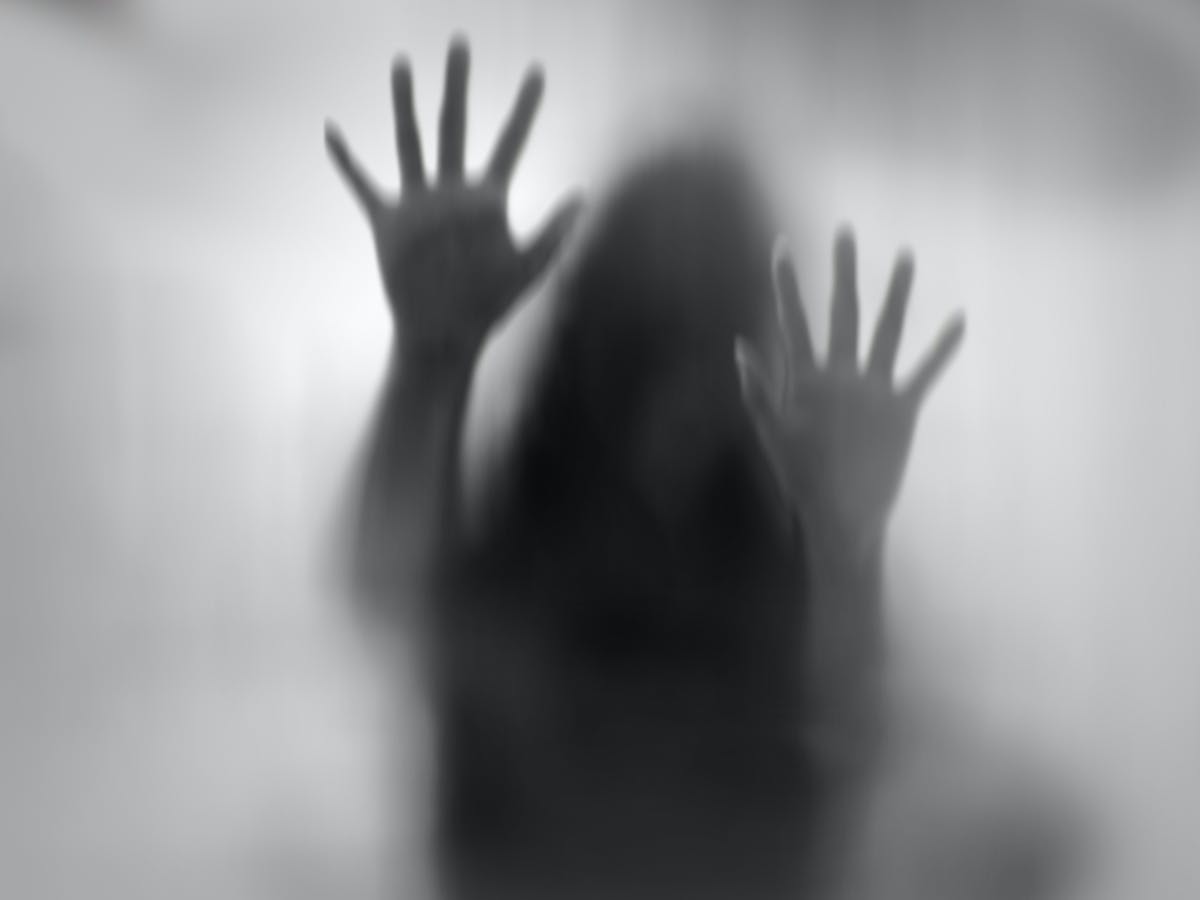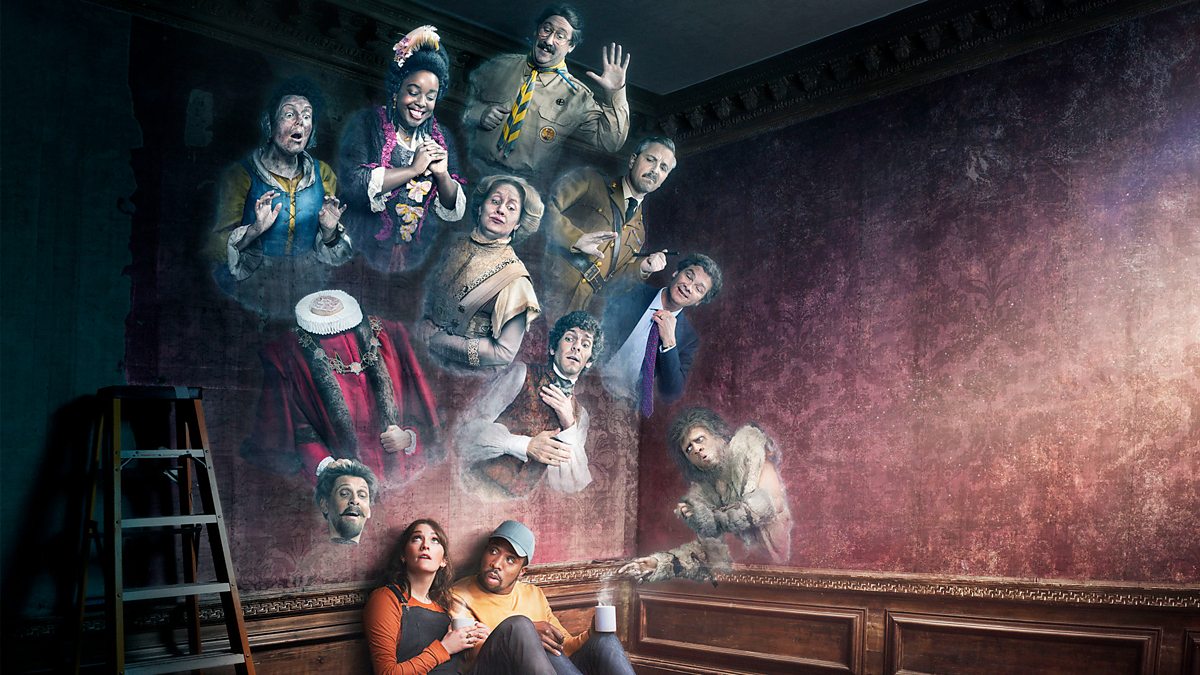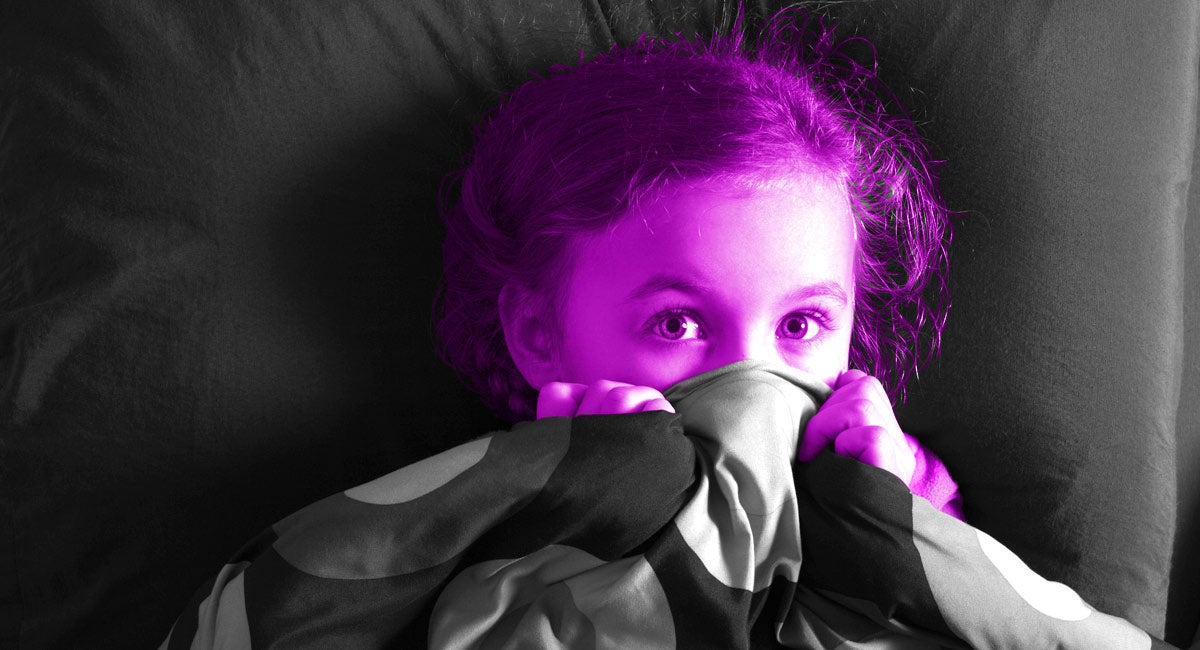Ghosts and spirits - what are they?
Pretty much everyone knows that ghosts are spirits of the dead. The idea of ghosts isn't new at all. All cultures have stories about ghosts or spirits, and many people around the world believe in some kind of spirit world. Some religions even teach that there is life after death for human beings. Kids may not know or believe in ghosts and spirits, but it's pretty common for kids to want to find out if they exist.
It makes sense that people try to understand death and what happens after we die. Even though we don't have the answers to those questions, people often believe that there is life after death - that dead people who were once part of our lives are still here as something other than memories. Ghosts and spirits are ways our imaginations try to explain this idea about what might happen after we die.
Ghosts can be scary, even if you don't really believe they exist. Like the stories, your parents tell you about why you shouldn't talk with strangers? Those stories aren't real either, but just talking about them can still scare you. If you're not sure whether ghosts and spirits are real, just the idea of them might be scary enough to keep you away from places where they might show up.
When was the first mention of ghosts?
Our history books tell us that the ancient Egyptians were the first people to talk about ghosts and spirits. They may have written down their first ghost stories as far back as 3500 BC. Many of those stories were buried with the dead because many Egyptians believed that ghosts and spirits would live on after death - just like their bodies would.
Socrates, a Greek philosopher who lived from 470-399 BC, is said to be one of the earliest writers to mention ghosts and other spirits. But he didn't write at all like we do today. He taught by asking questions and his students (who wrote his words down) used lots of old languages instead of shorter, simpler words we use today.
It may sound strange, but the Bible is another old book that has stories about ghosts and spirits in it. There's one story in the Old Testament (part of the Bible) called "The Ghost of Samuel." It tells about King Saul who wanted to talk with a ghost because he was worried there were other people around who wanted his job as king. He asked a woman who was known to have special powers to call up a ghost for him so he could talk with it.

That night she put on some special clothes and lit an oil lamp and some incense (which gave off a smell like dead people), then went into another room. There she spoke some special words to call up the ghost of Samuel. King Saul heard Samuel's voice and asked him if he was really there. His answer must have made Saul very nervous because he didn't want anyone to know about his plan.
Spirits after death...or not?
In the Bible story, the woman said she could call up a ghost from "the world of the dead." What does that mean? In those days it wasn't clear whether people went on living as ghosts or spirits when they died - or if their souls (which everyone believed in) lived on without a body. The Bible says that after this happened, God decided ghosts shouldn't come back to life anymore and told Samuel never to come back as a ghost.
Another interesting thing about that story is that the woman was afraid to call up Samuel's ghost, but Saul wasn't. There were lots of stories about spirits and ghosts back then, but some people believed they could be very dangerous if they came out of their graves.
They thought ghosts would punish them for disturbing them by making bad things happen to them. That's probably why the woman was so scared when she first saw Samuel's ghost - at least until Saul convinced her it was okay to talk with him!
What do ghosts look like?
In many cultures, people believed that the soul was a physical body made of air, vapor, or some other "subtle" material that left an imprint on the place where it had been. The soul was thought to be drawn back into its old home and find a new host (the ghost) that looks exactly like the person who used to live there.
In other words, since we tend to think of our loved ones as physically perfect, they will come back looking exactly as they did when they were still alive-the age at which they died is not important! So if you saw a ghost of someone who was killed in an accident, they might appear with a broken neck or a missing limb.
If you have ever watched a cartoon that features ghosts, then you know that most ghost stories also involve seeing spirits in weird suits and dresses. We frequently see photos of paranormal investigators wearing night-vision goggles and holding up their "ghost boxes" which supposedly capture electronic voice phenomena (EVPs).
The idea behind this is that the ghost's form must be reduced to pure energy in order for it to be recorded by current technology. Whether ghosts are physical entities or merely fleeting images put on display by some unknown force remains one of the greatest mysteries in the paranormal community today.
What are different kinds of ghosts?
Not every ghost story tells about a dead person coming back from the grave to haunt somebody or their house. Some stories describe other types of ghosts who aren't really dead people. For example, many stories tell about mysterious ghost lights that appear at night.
Nobody knows for sure how they got there or where they come from, but those kinds of ghost lights have been seen all over the world and in places as different as Japan and Ireland. People who see them say they can watch a light dance around and change colors right before their eyes! Some people think those kinds of "ghost lights" might be some kind of energy that's created when water pours out of the ground.
As we said earlier, lots of cultures told stories about ghosts and spirits long before anyone ever heard of Jesus or Christianity (the main religion based on Jesus' teachings). So maybe some other cultures had their own ideas about ghosts.

Native Americans believed in nature spirits (like the spirits that lived in trees and plants) as well as more powerful spirits that protected them from evil. The Maori people of New Zealand told stories about little fairies who lived in plants and guarded their gardens at night. They also talked about ancestral spirits - ghosts of dead ancestors, or relatives, who watched over them and lived on after death.
Ghosts were thought to be very important back then because people didn't know what else would happen after they died. Maybe those kinds of beliefs will come back someday when we find out for sure whether there is life after death-if such a thing really happens.
Is it possible to see a ghost?
Some people think that children are more likely to see ghosts, especially if they have been traumatized or have just experienced a loss (The ghost can be seen as a metaphor for the child's lost loved one).
Some researchers think that the reason kids might be able to see ghosts is that they aren't fully aware of what death means and it hasn't sunk in yet.
Psychologists tend to agree that younger children probably don't "see" dead people but may sense them in some way...Also, many believe that these encounters happen when a child is young because he or she hasn't had a lot of experience with death and dying. As we get older our brains start putting up "barriers" against things like this happening all the time.
What do scientists think about it?
There is a lot of research that says that some teenagers and young adults may see or encounter living images. For example, many people who lived on the Titanic reported seeing dead friends and family members during their fatal voyage. These experiences happen more often than you might think because they aren't necessarily paranormal events (and not everyone reports such encounters).
People have religious, spiritual, mystical, romanticized religious, sensualized religious, emotional attachment-based reasons to experience ghosts. This gives us information about what really happens in life after death. Some say that these are just fantasies or false memories based on imagination or dreams. Many people have ghostly experiences when they are in an altered state of mind (meditation, psychic trance), so it's hard to know for sure whether your psychic experiences are based on fantasy.
Can little kids see things that other people can't?
Yes, children are able to see things that other people can't, but it's because they tend to view the world around them differently. Children are much more imaginative because their lives are not as "complicated" as adults' lives are...
Why do you think they make up games like hide-and-seek or imaginary friends? Because there's not a lot of rules about what you can and cannot do! They tend to break outside of the “box” easier than adults do.
If your child says he/she sees someone who is dead, should you believe him/her? How do you respond?
Yes, absolutely listen to what your child is saying! There's a very good chance that he/she is telling the truth. Now we're not saying that your kid can suddenly see dead people all of a sudden and that you need to believe it without even thinking about it, but there's no harm in asking questions.

Ask them what they saw or felt and why, when did this occur? What were they feeling? (You may want to use the article as a starting point for discussion).
Do kids actually "see" ghosts or do they just think they do (seeing things like shadows or reflections)?
When kids say they see ghosts, sometimes it really does appear to be nothing more than shadows and reflections...but other times it appears much more real. Just because you can explain it, doesn't mean it isn't happening.
What should you do if your child claims to have seen a ghost?
Take them seriously! You don't want to scare your kids or talk about what they said in front of other people, but listen to what they're saying and take it into consideration when dealing with that child. If you think he/she is lying then ask yourself why would they lie about something like this?
Is it because the child is feeling the loss of someone recently? How are you dealing with your own grief? Are there troubled teens or adults in your family who may have had an "encounter" like this that made them feel very uncomfortable? If so, now might be a good time to see what kinds of things happened to them that they were not able to tell you about before.
Are there real pieces of evidence when people saw ghosts?
Yes, there are many people who swear that they saw a ghost, and sometimes others (at the location) will come forward and say they've seen it too. Many say that they feel like someone is watching them or they feel like something or someone is in the room with them when no one else is there...in some cases, these people might even see a dead person for a split second and then realize what they saw wasn't real (The ghosts can be seen as an illusionary metaphor).
The first real evidence is when people come forward and say they can see ghosts...This is especially true if someone who had never seen a ghost before, suddenly says that he/she saw one.
A lot of times we hear stories of things that happen in haunted locations; some people swear that they've heard screams and cries coming from an empty hallway while others say they've seen a ghost out of the corner of their eye (the feeling like something or someone is their thing).
In some cases, it could have been a piece of scientific equipment that went wrong...or perhaps the person was afraid at the time so he/she imagined what might be happening.